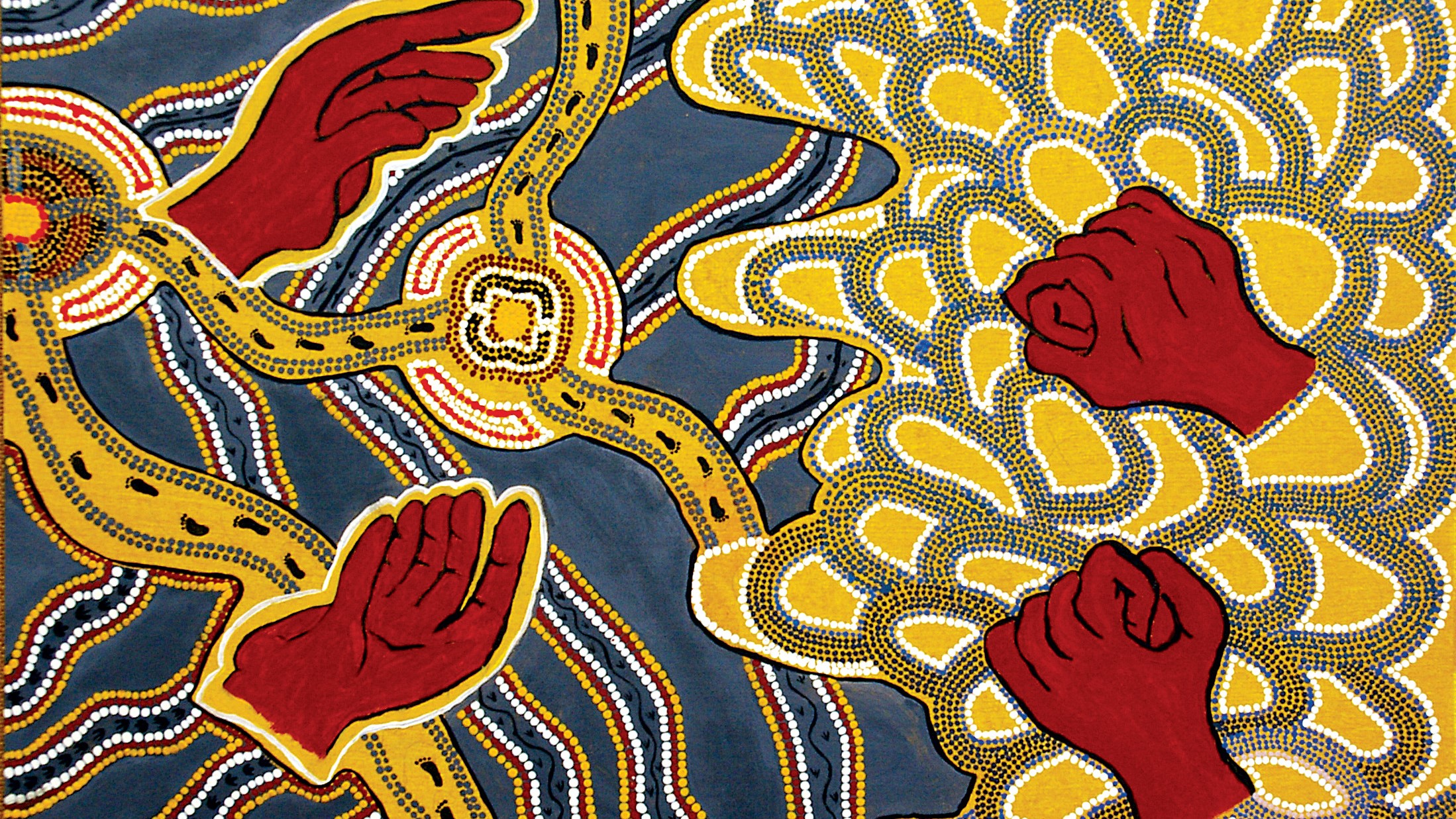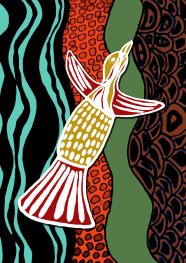Loading...
Presentation Type
Presentation
Start Date
17-7-2024 12:30 PM
Description
This presentation features a creative and narrative research approach to research relationality and wisdom-seeking with place. A multi-modal practice-based approach will be outlined as a pathway that can be developed by people of any background. Through transdisciplinary methods in sensory ethnography and creative geography, I notice my sensed relatedness, or entanglement, with the cosmological Being of River. Deeply influenced by Indigenous listening methods I understand sensory engagement with River as ecologically essential research, and describe a practice-based pathway to learn from, and to "think with” water.
This research responds to the invitations of Indigenous Elders, and "wild" places, to listen and create with them. It supports cultural change, and ultimately a transition out of extractive into regenerative models of Earth-centric living. The theoretical framing draws on vitalist, animist ecologies, and co-operative inquiry. Creative practice will be explored in places of significant ecological importance, including Martuwarra (Fitzroy River) in WA; Balan (Clarence River) in Northern NSW; and the Ganga (Ganges) River (India). The methods and practices contribute to developing processual, non-dual forms of Earth and multi-species justice, and Earth-centric ways of living.
Recommended Citation
Jago, Marianne (Ria), "Exploring sensory ethnography in open inquiry: what does River want me to know?" (2024). Talking Heads Seminar Series. 2.
https://researchonline.nd.edu.au/nulungu_talkingheads/2024/schedule/2
Exploring sensory ethnography in open inquiry: what does River want me to know?
This presentation features a creative and narrative research approach to research relationality and wisdom-seeking with place. A multi-modal practice-based approach will be outlined as a pathway that can be developed by people of any background. Through transdisciplinary methods in sensory ethnography and creative geography, I notice my sensed relatedness, or entanglement, with the cosmological Being of River. Deeply influenced by Indigenous listening methods I understand sensory engagement with River as ecologically essential research, and describe a practice-based pathway to learn from, and to "think with” water.
This research responds to the invitations of Indigenous Elders, and "wild" places, to listen and create with them. It supports cultural change, and ultimately a transition out of extractive into regenerative models of Earth-centric living. The theoretical framing draws on vitalist, animist ecologies, and co-operative inquiry. Creative practice will be explored in places of significant ecological importance, including Martuwarra (Fitzroy River) in WA; Balan (Clarence River) in Northern NSW; and the Ganga (Ganges) River (India). The methods and practices contribute to developing processual, non-dual forms of Earth and multi-species justice, and Earth-centric ways of living.





